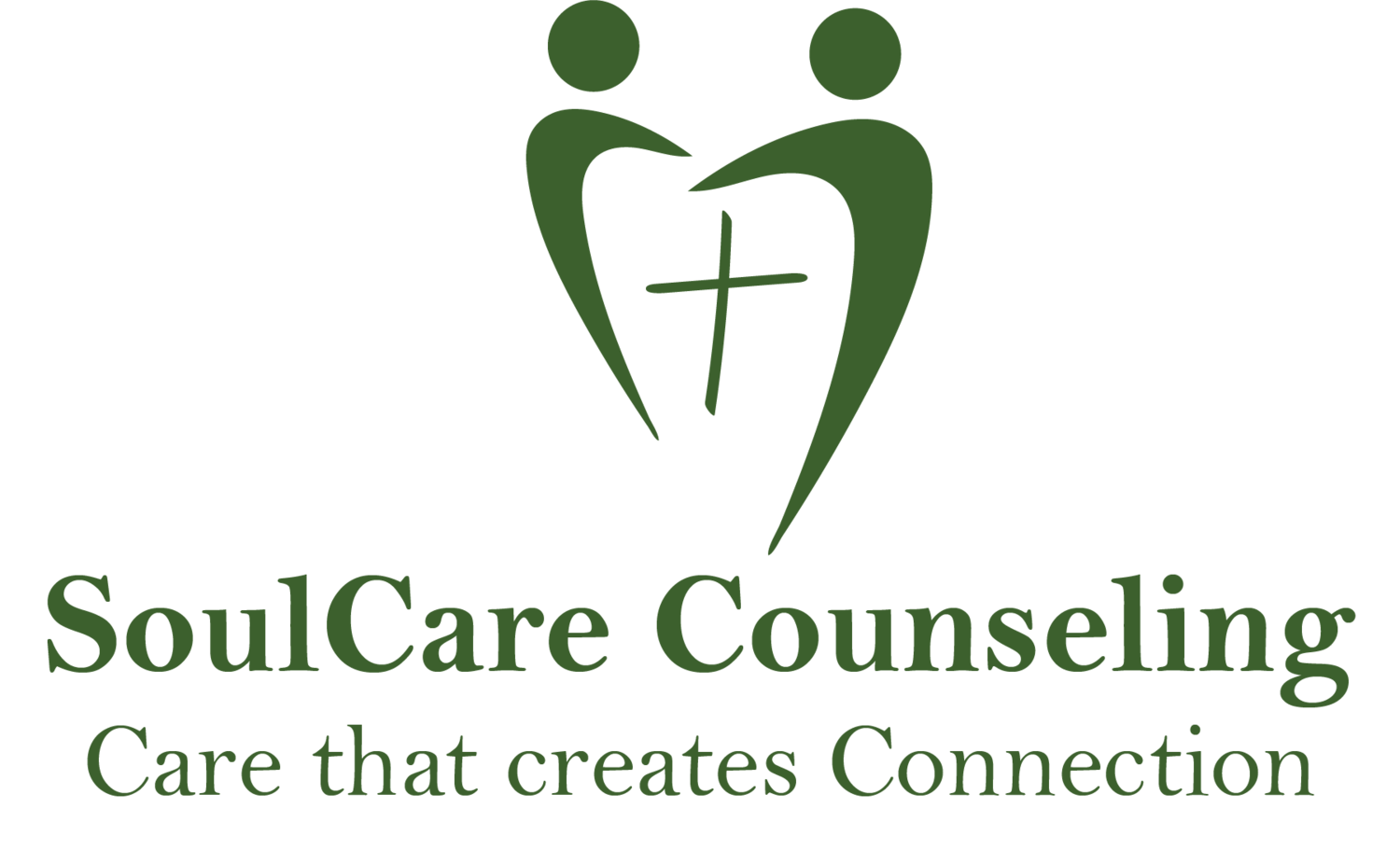Consequences of Child-Centered Parenting
It’s natural, after your child is born, to turn the focus and energy from one another to the baby. After all, it’s impossible to give the same level of energy to one another and at the same time care for a baby who requires around-the-clock attention. This is why studies show a drop in relationship satisfaction after a new child’s birth. But as the child grows and is able to do more for him or herself, if the couple continues to center their attention on the child, the relationship will most likely suffer.
As vital as it is to meet your children’s needs and to give them a secure attachment bond with their parents, if you place the children at the center of your relationship, there will be unintentional negative consequences for you as a couple and also for your children.
In Child-centered Parenting
There Is Often A Breakdown Of Intimacy
When you practice child-centered parenting, you give the lion’s share of your energy and attention to the children. But when you do that, there isn’t much time or vigor left to be present, attuned, response, and engaged with your partner. At the end of an 8-hour work day and an evening of playing with the kids, helping them with homework, settling disputes, getting baths and bedtime rituals, there’s not much left for one another. So, intimacy suffers. Communication suffers. You become disconnected. You still long for connection, but reach out for it in dysfunctional, lazy ways. One reaches for closeness by attacking, criticizing, complaining, nagging, which has the opposite effect, causing the partner to withdraw, shut down, go silent, or leave. This negative conflict cycle, if not addressed and changed, has the power to destroy the relationship. After the kids leave the nest, you are left as strangers who can’t get along.
In Child-centered Parenting
There Are Often Weak Boundaries
In child-centered parenting, children are given their parents’ full attention all the time and access to the parents around-the-clock. Consequently, that becomes normalized and children come to expect it. They come to believe that your life centers around them, which results in weak or absent boundaries. They don’t outgrow that and carry this character trait into their adult relationships. Unable to be alone, they may insert themselves into private conversations. When you are your spouse, and later in life, others, try to engage with one another, they may get in the middle of the conversation (or argument), triangulating what should be a two-way interaction. This will not serve them well in adult life, as people don’t like to be around those who don’t respect boundaries and intrude on personal space.
In Child-centered Parenting
Children Can Become Overly Demanding
Children whose every need is met by their parents come to expect that and become overly demanding. In the old days, people called children like this “spoiled.” They may not be able to entertain themselves and will demand that their parents, and later in life, others, drop what they’re doing and amuse them. They may expect and demand that things are done their way, that they go to their favorite restaurant, go to the movie they want to see, etc. and have little consideration for the desires of others or willingness to compromise and share.
In Child-centered Parenting
Children Often Take Sides
Since the children are in the center of the relationship and insert themselves in their parents’ conversations, they inevitably end up in the middle of adult problems and adult arguments. It often causes them to feel that they need to side with one parent against the other parent. Parents may even use their children as weapons against one another. This is extremely unhealthy for children and for the marriage.
In Child-centered Parenting
Parents Can Become Emotionally Dependent On Their Children
When parents focus their attention on their children instead of one another, they tend to look to their children for the emotional support that they should be getting from their spouse. Parents will share their sadness, frustration, insecurity, etc. with their children and the children don’t know what to do with that. This causes confusion and anxiety to build in the children, as they are placed in the role of parent tending to the needs of their parent who has taken the role of child. This will cause the child, when grown, to need the help of a therapist to process what was a very unhealthy parent-child dynamic.
In Child-centered Parenting
Children Often Repeat An Unhealthy Cycle
Consciously or unconsciously, parents are always teaching their children how to be parents. Whether we had good parents or bad parents, and whether we wish to emulate them or not, inevitably everyone says, “I’m turning into my mother or father. I’m doing exactly what they did.” If you are over-focused on your child and under-focused on your spouse, you are teaching your child to do that too. And just as it is causing or will cause problems in your marriage, it will also cause problems in theirs. They may go into marriage not knowing how to have a close, connected, intimate relationship with their partner because they didn’t see one in their parent’s marriage.
If this blog described you and your family on some level, it’s not too late to make a change. I urge you to read about family therapy, and reach out to us at SoulCare Counseling to schedule a free thirty-minute consultation. Using Emotionally Focused Therapy, we can help you repair and reconnect your relationship and have the kind of closeness and intimacy with one another that will make your family and your children stronger.
Catrina Berkey is a biblical life coach with a Master’s Degree in Marriage and Family Therapy. She is taking new clients and does therapy in the office and by teletherapy.



